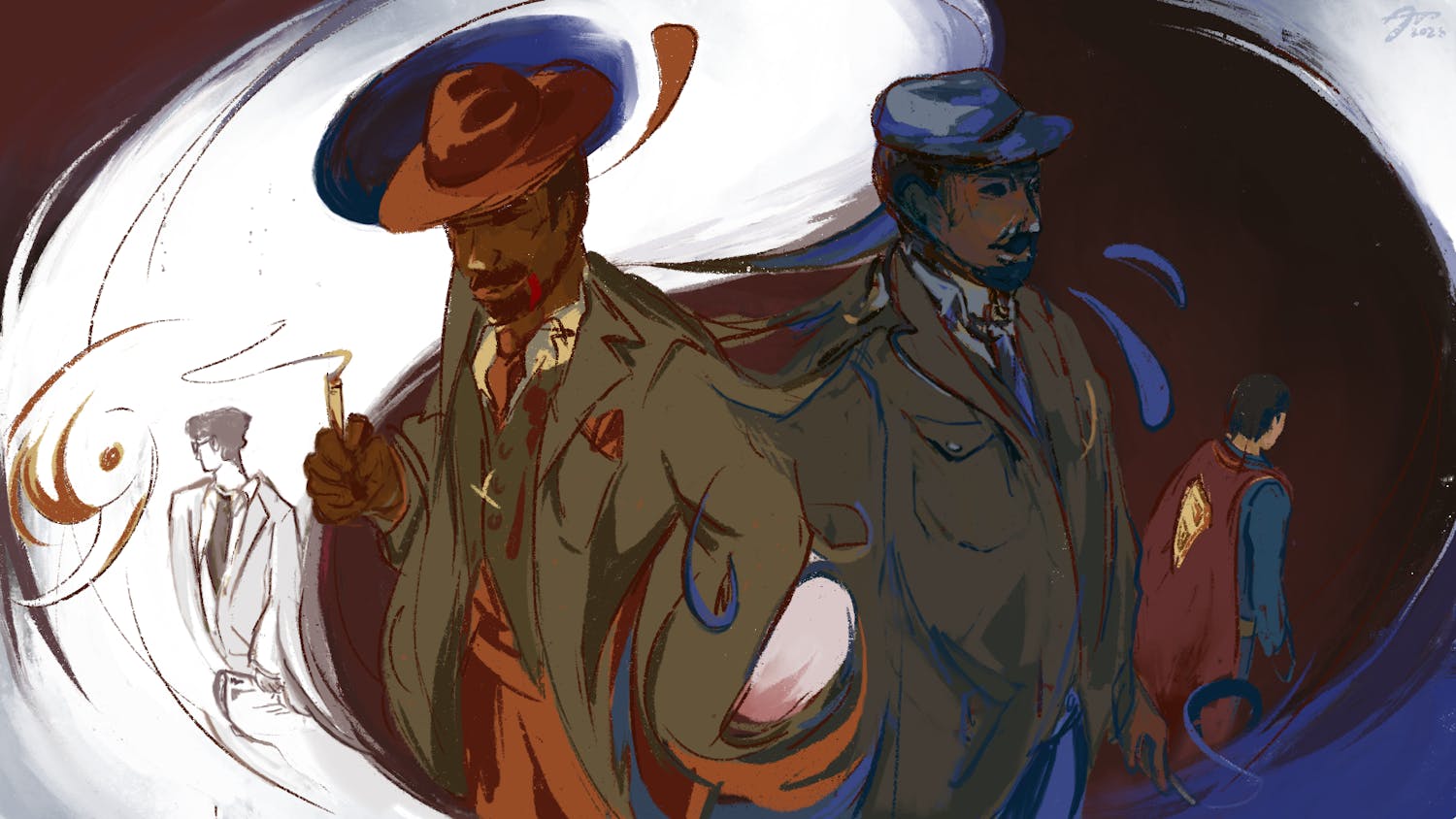Logan is three films at once—a rare feat in the superhero genre. First and foremost, it’s the first R–rated Wolverine film, featuring all the bloody violence you’d expect. However, it also manages to be two classic on–the–road movies for the price of one: the first is about a middle–aged deadbeat son on the road with his deteriorating, dementia–ridden father, and the second is about a middle–aged deadbeat father on the road with his rebellious preteen daughter.
But breaking with tradition again, Logan isn’t fun to watch. It’s wrenching; certain scenes elicit horrible, visceral reactions that are all the more powerful because nobody expected them from a film in the longest–running superhero franchise. Hugh Jackman (Wolverine himself) and Patrick Stewart (Professor Charles Xavier, the patriarch) said earlier this year that they were done with X–Men. Logan is the farewell they deserved.
Wolverine has always been the least conventional, most independent (and most popular) member of the X–Men, so perhaps it was fitting that the title of his final, redemptive turn was the first X–Men film to ditch any associations with mutants whatsoever. This man is more than just Wolverine, the name given to him for his indestructible adamantium claws. He’s Logan, and fittingly, this film’s about far more than what Logan does with those claws. Logan is character–centric in a way that no previous Wolverine movies, despite their single–character focus, have managed to be: it makes the superhuman human.
The critical and commercial success of Logan and last year’s Deadpool signal a long–awaited shift in the typical superhero movie—that is, soon there won’t be a typical superhero movie. The superhero revival of the 2000s and 2010s featured more smash–‘em–ups and origin stories than any one viewer could possibly want, but they tended to be low on imagination. In some cases, such as Spider–Man and Fantastic Four, someone in Hollywood was so low on imagination that a franchise was rebooted within that two–decade span.
The most recent Captain America films made huge strides in that direction. Captain America: The Winter Soldier and Captain America: Civil War featured the ensemble casts and globetrotting plots we’ve come to expect from Avengers films, but they addressed issues larger than simply how to defeat the latest villain. Winter Soldier came directly on the heels of Edward Snowden’s revelations about the NSA, and Civil War called on our heroes to take responsibility for their actions. However, what really got audiences was the films’ exploration of the decades–old friendship between Steve Rogers and Bucky Barnes—in short, the human element.
Now, studios are beginning to realize a fact that should’ve been obvious: Though fans can be counted on to pay to see the latest huge, formulaic blockbuster (hope springs eternal), they actually prefer to watch good, unique movies. A big deal’s been made out of the “R–rated superhero film” phenomenon, but the most important quality Deadpool and Logan have in common isn’t their rating; It’s that they’re small, personal stories that subvert audience’s expectations of what a superhero film should be.







